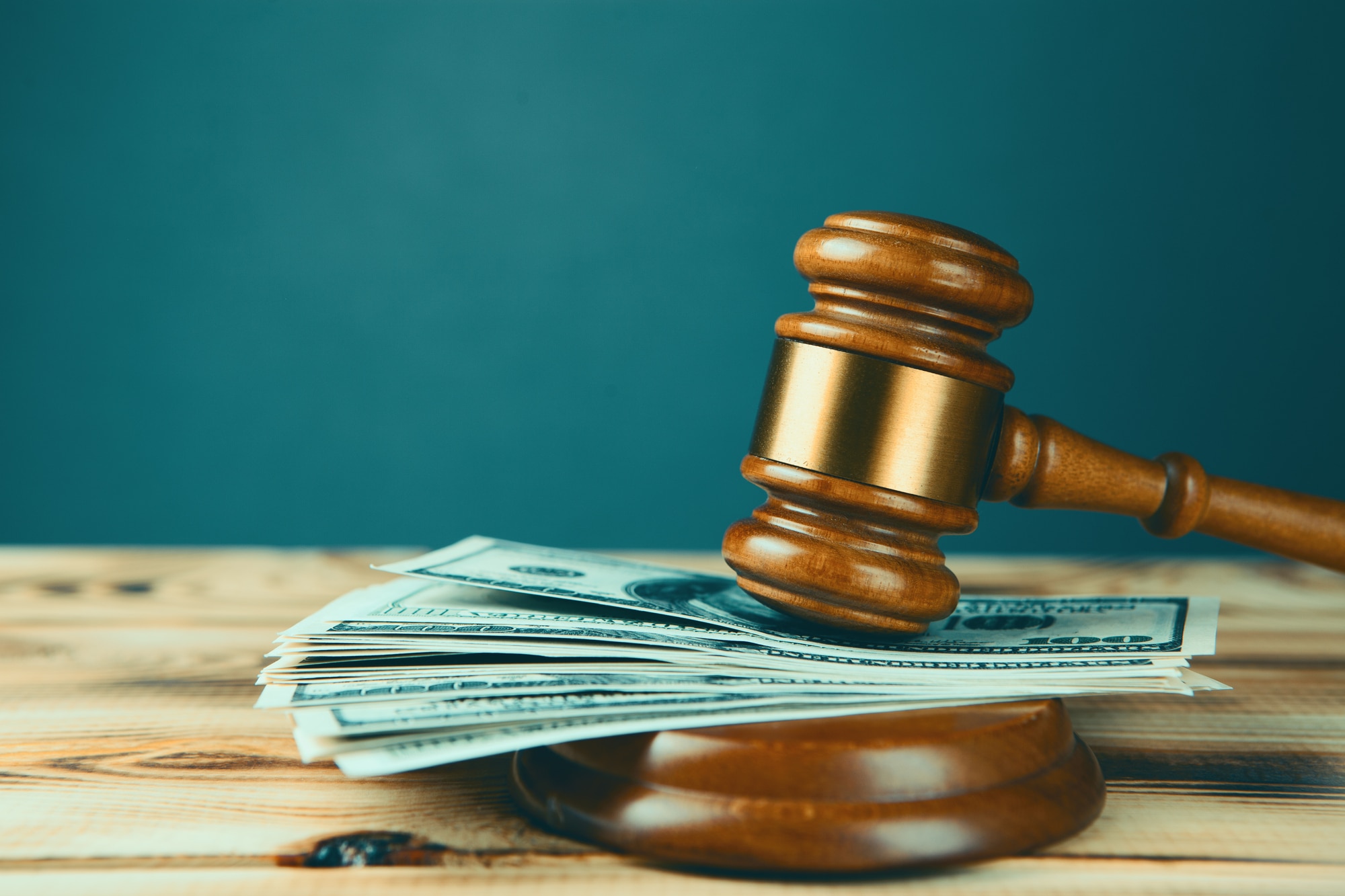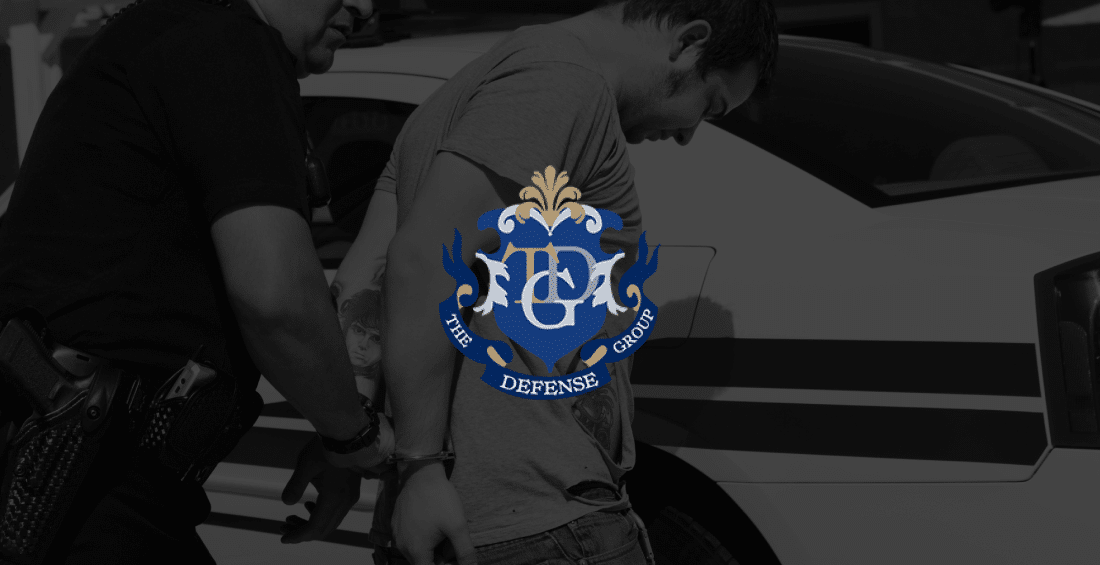STATE CRIMES – KNOW YOUR RIGHTS
Defendants’ Rights: The Bill of Rights to the U.S. Constitution; How the U.S. Constitution attempts to ensure fair treatment for criminal defendants:
There are two fundamental tenets of the U.S. criminal justice system: The presumption that the defendant is innocent, and the burden on the prosecution to prove guilt beyond a reasonable doubt. But criminal defendants (all of us) have other rights too.
Using the drop menus, we urge you to learn more about YOUR RIGHTS and several areas of criminal jurisdiction.
You should take the time to read very carefully the Bill of Rights. The first 10 Amendments to the U.S. Constitution are the “Bill of Rights.” Not all of them relate directly to criminal matters, but they are all important enough to read. They are easily accessible on the Internet. The 4th, 5th, 6th and 8th Amendments are particularly relevant and important. Below are some comments related primarily to rights contained in the 5th and 6th Amendments.
The Defendant’s Right to Remain Silent
The Fifth Amendment to the U.S. Constitution (and a similar provision of the Declaration of Rights in the Florida Constitution) provides that a defendant cannot “be compelled in any criminal case to be a witness against himself.” In short, the defendant cannot be forced to speak. If the defendant chooses to remain silent, the prosecutor cannot call the defendant as a witness, nor can a judge or defense attorney force the defendant to testify. The prosecutor is also prohibited from bringing to the jury’s attention the failure of a defendant to testify. Because the accused has an absolute right to remain silent and has no obligation to prove anything, there is a fear that such a remark by the prosecutor might cause a juror to think that he remained silent because he was guilty. If the prosecutor makes such a remark during a trial, the accused can ask the Judge to declare a mistrial, and they have to start over with a new jury.
This “right to remain silent” is not triggered by any police warning. We have been seduced by TV to believe that we don’t have the right to be silent until some officer reads us our “Miranda Rights.” This is incorrect. You went to bed last night with the right to remain silent and you woke up with that right. Once the police take you into “custody” they are required to remind you about that right before any questioning. If they don’t give you that warning and you answer their questions, the State will not be permitte4d to use your answers against you. It does not mean that the charges will be dropped. Importantly, you should always be prepared to exercise your rights. Anytime the police want to talk to you and you did not call or invite them, you are well-advised to remember that you cannot be compelled to talk to them.
(A defendant may, however, be called as a witness in a civil case.)
The Defendant’s Right to Confront Witnesses
The “confrontation clause” of the Sixth Amendment gives defendants the right to “be confronted by the witnesses against” them. This gives defendants the right to cross-examine witnesses — that is, the right to require the witnesses to come to court, “look the defendant in the eye,” and subject themselves to questioning by the defense. The Sixth Amendment prevents secret trials and, except for limited exceptions, forbids prosecutors from proving a defendant’s guilt with written statements from absent witnesses. A recent case from the United States Supreme Court (Crawford v. Washington) strongly emphasizes the importance of this right. You have heard TV courtroom scenes where the attorney objects because the testimony is “hearsay.” This right of confrontation is what protects us from hearsay testimony. The problem with one witness repeating what another witness may have said is that you are deprived of the opportunity for your attorney to cross-examine the witness about the accuracy or truth of the statement.
The Defendant’s Right to a Public Trial
The Sixth Amendment guarantees public trials in criminal cases. This is an important right because the presence in courtrooms of a defendant’s family and friends, ordinary citizens, and the press can help ensure that the government observes important rights associated with trials.
In a few situations — normally involving children — the court will close the court to the public. For example, judges can bar the public from attending cases when defendants are charged with sexual assaults against children. Also, the judge may exclude witnesses from the courtroom when it appears that they will coach each other. Because the distribution or publication of child pornography is a crime, the court will close the courtroom to the public in trials where such images are to be shown to the jury. A related feature is the Rule of Sequestration of Witnesses. The Defendant has the right to have the judge keep all of the prosecution witnesses out of the courtroom except when they are testifying. This reduces the risk that one witness may change their testimony to make it consistent with the testimony of another witness they just heard on the stand. The right to exclude witnesses is also available to the State to keep defense witnesses out of court until they testify. The judge will even instruct them that they may not discuss the case or their testimony with each other once the trial begins.
The Defendant’s Right to a Jury Trial
The Sixth Amendment gives a person accused of a crime the right to be tried by a jury. This right has long been interpreted to mean a 12-person jury that must arrive at a unanimous decision to convict or acquit. (In most states, a lack of unanimity is called a “hung jury,” and the defendant will go free unless the prosecutor decides to retry the case. In Oregon and Louisiana, however, juries may convict or acquit on a vote of ten to two.) In Florida a 12 person jury is only used in capital cases. In less serious cases a 6 member jury is used. In misdemeanor cases where the judge certifies in advance that he would not sentence the accused to jail, even if they were found guilty, the defendant is not entitled to a jury and may be tried by the judge acting in place of a jury. IN cases where the potential jail is less than 60 days, the defendant is likewise not entitled to a jury trial. In such cases, the judge may direct that the trial be held before him alone as the trier of both the facts and the law. On the stipulation of both the defense and the State, a trial may be held before4 just the judge (called a “bench trial) in misdemeanor cases, but not felony cases.
Potential jurors must be selected randomly from the community, and the actual jury must be selected by a process that allows the judge and lawyers to screen out biased jurors. In addition, a lawyer may eliminate several potential jurors simply because he feels that these people would not be sympathetic to his side — but these decisions (called “peremptory challenges”) may not be based on the juror’s personal characteristics such as race, sex, religion, or national origin.
The Defendant’s Right to Be Represented by an Attorney
The Sixth Amendment provides that “in all criminal prosecutions, the accused shall enjoy the right … to have the assistance of counsel for his defense.” A judge must appoint an attorney for indigent defendants (defendants who cannot afford to hire attorneys) at government expense only if the defendants might be actually imprisoned for a period of more than six months for the crime. As a practical matter, judges routinely appoint attorneys for indigents in nearly all cases in which a jail sentence is a possibility. Otherwise, the judge would be locked into giving an unrepresented defendant a non-jail sentence or a shorter sentence than he or she might think appropriate after hearing the evidence.
A judge normally appoints the attorney for an indigent defendant at the defendant’s first court appearance. For most defendants, the first court appearance is either an arraignment or a bail hearing.
In some cases, there are “co-defendants” to a crime. A single attorney ordinarily cannot represent more than one defendant because of the risk of conflict. IN such cases the defendants must secure separate counsel. If both are indigent, one will get the Public Defender and the Court will have to appoint another attorney to represent the other codefendant. In Florida, there is an Office of Conflict Counsel that provides attorneys to fill this important function.
The Defendant’s Right to Adequate Representation
The U.S. Supreme Court has ruled that both indigent defendants who are represented by appointed counsel and defendants who hire their own attorneys are entitled to adequate representation. However, adequate representation is by no means perfect representation. Here are examples of claims that defendants have made against their attorneys to try to get their guilty verdicts thrown out and that appellate courts have rejected:
failing to call favorable witnesses at trial using cocaine during the time the representation took place
failing to object to a judge’s mistaken instructions to jurors concerning the burden of proof
eliciting evidence very damaging to the defendant while cross-examining prosecution witnesses
repeatedly advising a defendant who claimed innocence to plead guilty, and
representing the defendant while being suspended from the practice of law for failure to pay state bar dues.
On the other hand, circumstances can be sufficiently shocking to justify throwing out a guilty verdict based on an attorney’s incompetence. Judges have ruled that the following claims justify a reversal of a guilty verdict:
putting a law student intern in charge of the defense and leaving the courtroom while the case was going on
during closing arguments, acknowledging that the defendant was guilty of a lesser crime without first securing the defendant’s approval of this tactic, and
during voir dire (questioning of the jury), failing to challenge two potential jurors who said they would be bothered by the defendant’s failure to testify.
The Defendant’s Right to a Speedy Trial
The Sixth Amendment gives defendants a right to a “speedy trial.” However, it does not specify exact time limits. Thus, judges often have to decide on a case-by-case basis whether a defendant’s trial has been so delayed that the case should be thrown out. In making this decision, judges look at the length of the delay, the reason for the delay and whether the delay has prejudiced (harmed) the defendant’s position. Every jurisdiction has enacted statutes that set time limits for moving cases from the filing of the initial charge to trial. In Florida, an accused who is charged with a misdemeanor is entitled to have his case brought to trial within 90 days of his arrest. If he is charged with a felony, he is entitled to have his case tried within 175 days of his arrest. In Florida, there are “recapture windows” of 15 days permitting the court to set a trial within just a few weeks if the case is not commenced within these time frames. While these statutes are very strict in their wording, most defendants cannot get their convictions reversed on the ground that these statutes were violated.
The Defendant’s Right Not to Be Placed in Double Jeopardy
Among the clauses of the Fifth Amendment is this well-known provision: “nor shall any person be subject for the same offense to be twice put in jeopardy of life or limb.” This provision, known as the double jeopardy clause, protects defendants from harassment by preventing them from being put on trial more than once for the same offense. Double jeopardy problems are unusual because prosecutors usually want to wrap up all their charges at one time in the same case.
One important exception to the rule against double jeopardy is that defendants can properly be charged for the same conduct by different jurisdictions. For example, a defendant may face charges in both federal and state court for the same conduct if some aspects of that conduct violated federal laws while other elements ran afoul of the laws of the state.
The actual application of this protection is not as simple as one might think. The courts are constantly wrestling with double jeopardy issues where they must determine whether the two separate offenses charged have exactly the same elements. If one charge contains an element that is not present in the offense for which the defendant was already charged, he may still be prosecuted for the “new” offense.
Furthermore, the double jeopardy clause forbids only more than one criminal prosecution growing out of the same conduct. A defendant can be brought once to criminal court (by the government) and once to civil court (by members of the public) for the same crime. For instance, after O.J. Simpson was acquitted of murdering his ex-wife and her friend, their relatives filed a civil suit against him for actual and punitive damages caused by the killings. The civil suits raised no double jeopardy issues, even though punitive damages are a type of punishment, and Simpson was held civilly liable for the deaths.
Contact An Experienced Attorney
Call one of our two locations at 407 743 8430 or 407-250-9557, for a prompt and free consultation with an experienced Central Florida criminal defense attorney at The Defense Group. We are available 24 hours a day for your emergency needs, and appointments can be arranged for nights or weekends if necessary.











